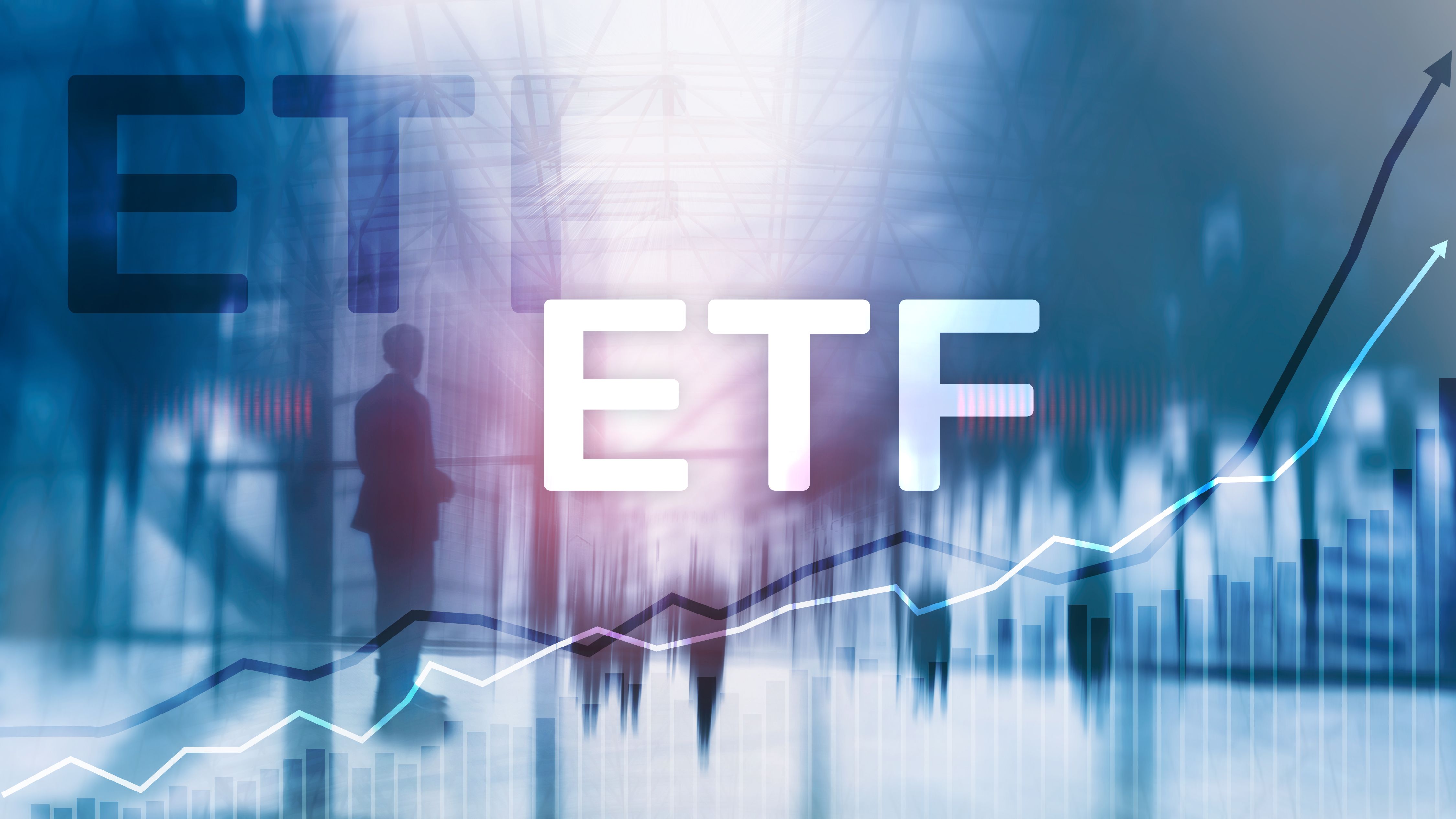Shenzhen-based retail financial services giant Ping An Group recently reported a robust set of results for the six months ending June 30.
The group’s first-half net profit grew by 68.1 percent year-on-year to 97.68 billion yuan (US$13.84 billion). For the period of January to June 2019, the firm made an operating profit of 73.4 billion yuan, up 23.8% compared to the same period a year ago.
But away from the notable bottom line details, the finance and fintech conglomerate is turning its attention to sustainable development and embedding it as a core strategy of the group.
Ping An’s “sustainable development model” is focused on the group’s business ethics, the environmental impact of the rapidly expanding business and its social impact.
Halfway through its more than 160-page report, Ping An goes into detail on what it intends to do to up its game and achieve what it terms “mutual, sustainable development”.
Showing how serious it is about the issue, the responsibility of ensuring compliance with the lofty declarations of sustainability starts at the top. The board of directors and group executive committee have oversight of all ESG issues. For now, Ping An claims it is responding to global warming by reducing carbon emissions and energy consumption and is working toward environmental sustainability through low-carbon businesses and green operations.
Ping An is pledging that all new buildings of the group will reach China’s Green Building Label (2-star) or equivalent LEED certification and will renovate older buildings to obtain green building certificates by 2020.
Taking 2018 as the base year, Ping An is vowing to reduce carbon emission intensity by 5%, 10% and 20% by 2020, 2025 and 2030 respectively.
The group, which is known for its pervasive use of cutting-edge technology, also promised to virtually eliminate its paper use, saying it will reduce that by 50%, 60% and 80% over the next three, five and ten years respectively.
On the “social” impact of the business, the conglomerate says it is following the national strategy of targeted poverty alleviation by implementing the Ping An Rural Communities Support to contribute to rural vitalization and realization of the “Chinese Dream”.
As of June 30 2019, it had implemented the Ping An Rural Communities Support in 13 provinces or autonomous regions across China.
Monetarily speaking, Ping An has contributed 10.37 billion yuan for poverty alleviation, built or upgraded 622 rural clinics and 607 rural schools, and trained 6,926 village doctors and 5,898 village teachers.
With insurance at the heart of the group’s business, Ping An says it has deeply embedded ESG criteria into the insurance operations. According to Ping An, it is achieving this principally through risk management (insurance product risk pricing and risk management of the insured businesses) and the sustainable insurance product mix.
The group has built a reputation for using artificial intelligence across its business units. For example, it manages business risks associated with climate change by using the Digital Risk System (DRS) to assess the risk levels of nine natural disasters leveraging its own competitive edge in data technology.
Ping An researches and monitors global climate change risks (including climate warming and extreme weather disasters) and social change risks (including demographic changes, population aging, and high incidence of diseases).
This way, it claims it can ensure reasonable ESG risk pricing for insurance products, and manage and prevent risks in enrollment.
Summing up its ESG credentials and its heritage, Ping An says it will continue to support rural industrial upgrades, strengthen health care in poor areas, and improve rural education.
All of this contributes to the sustainable development of “socialism with Chinese characteristics”, the group claims.









